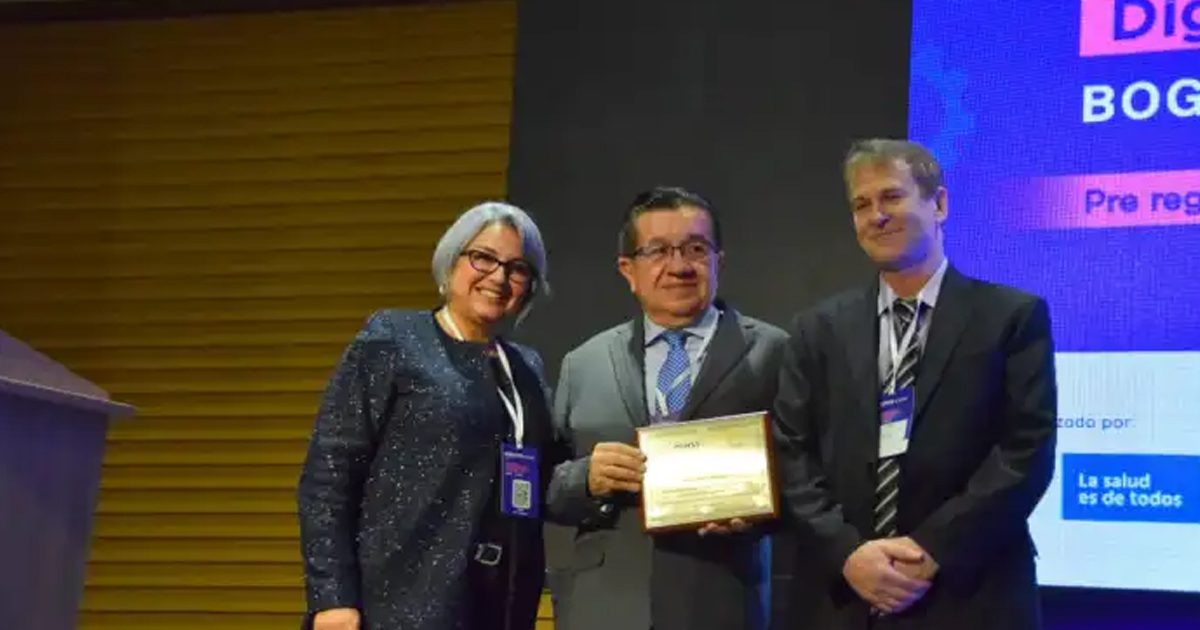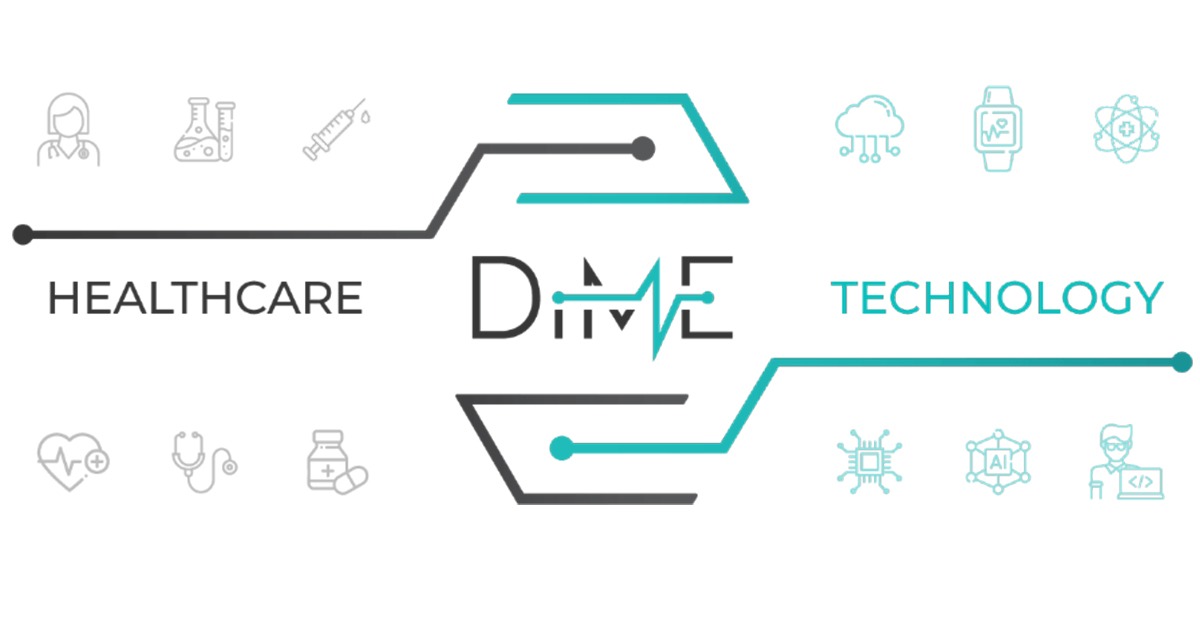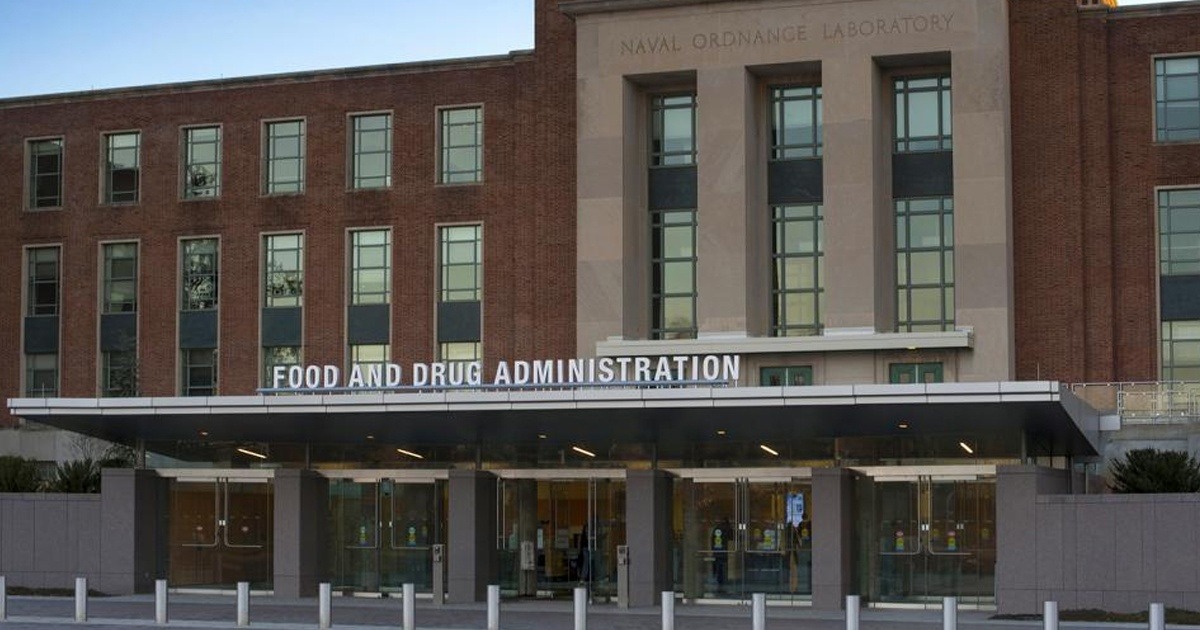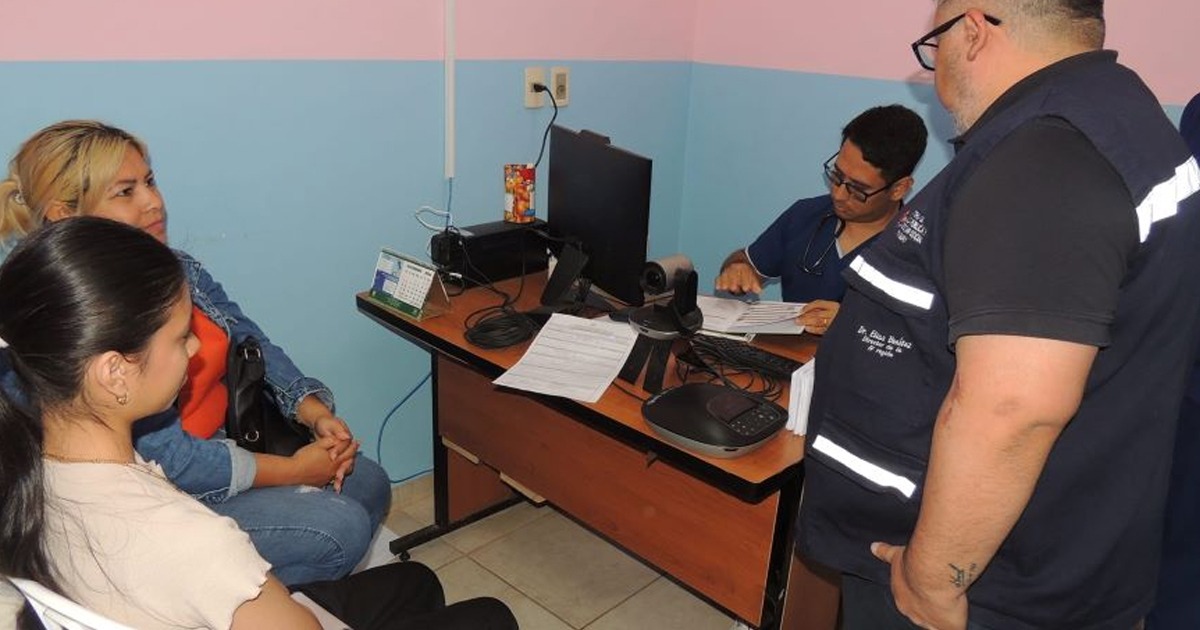Specialists from Cancer Centers in the United States have highlighted the importance of telemedicine during the pandemic.
The National Cancer Institute (NCI), part of the National Institutes of Health (NHI), believes that cancer patients could continue to use telemedicine care even after the pandemic.
Through telemedicine tools, the NCI and other specialized centers have followed up pediatric patients diagnosed with cancer. “Telemedicine has the potential to address health disparities,” explained Dr. Urmimala Sarkar, associate director of the Center for Vulnerable Populations at the University of California, San Francisco.
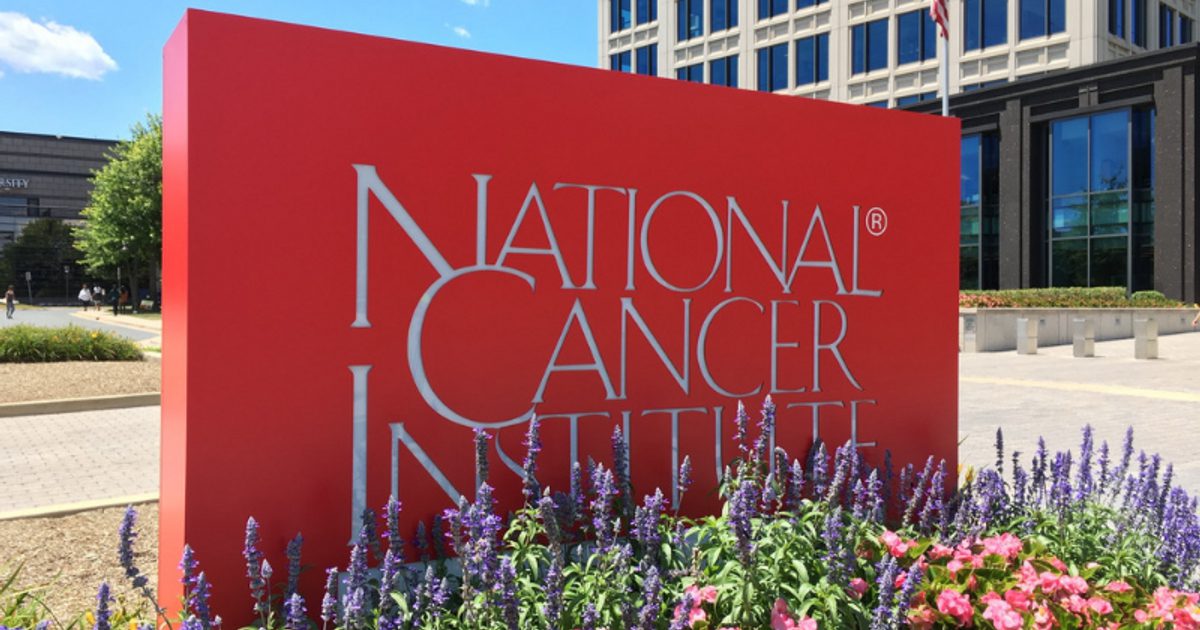
"Since underserved populations disproportionately face issues such as transportation barriers, time lost from work, and concurrent care delivery needs, telemedicine can alleviate many of those issues and needs," he added.
For example, the Vanderbilt-Ingram Cancer Center (VICC) in Nashville, TN, conducted diagnostic video calls during the pandemic, which involves reviewing the medical records of pediatric patients. In this way, the specialist provides information to families about the available treatment options, as well as specific information about the type of condition.
The most important thing about this care scheme is the ease and speed of consultations, since it avoids transfers of several hours to families who live in other parts of Tennessee. This allows the parents of the patients not to need to be absent from work for full days to receive diagnostic care.
“Although it can't completely replace in-person care, telemedicine offers patients convenience, savings of time and money, scheduling flexibility, access to specialists who are far away, and what many patients and doctors describe as intangible benefits, for example, less exposure to microbes,” explains the NCI.
On the other hand, Dr. Kevin M. Curtis, medical director of the Norris Cotton Cancer Center Telemedicine Center, explained that: “Recently, about 12 % of oncology outpatient consultations are performed by telemedicine.” In this way, the experience during the pandemic exploited the potential of telemedicine to improve timely access to medical care.
In this sense, the NCI explains that the benefits of telemedicine have not been exclusive to oncology, as it has also benefited primary care patients, such as cardiology, among others.
